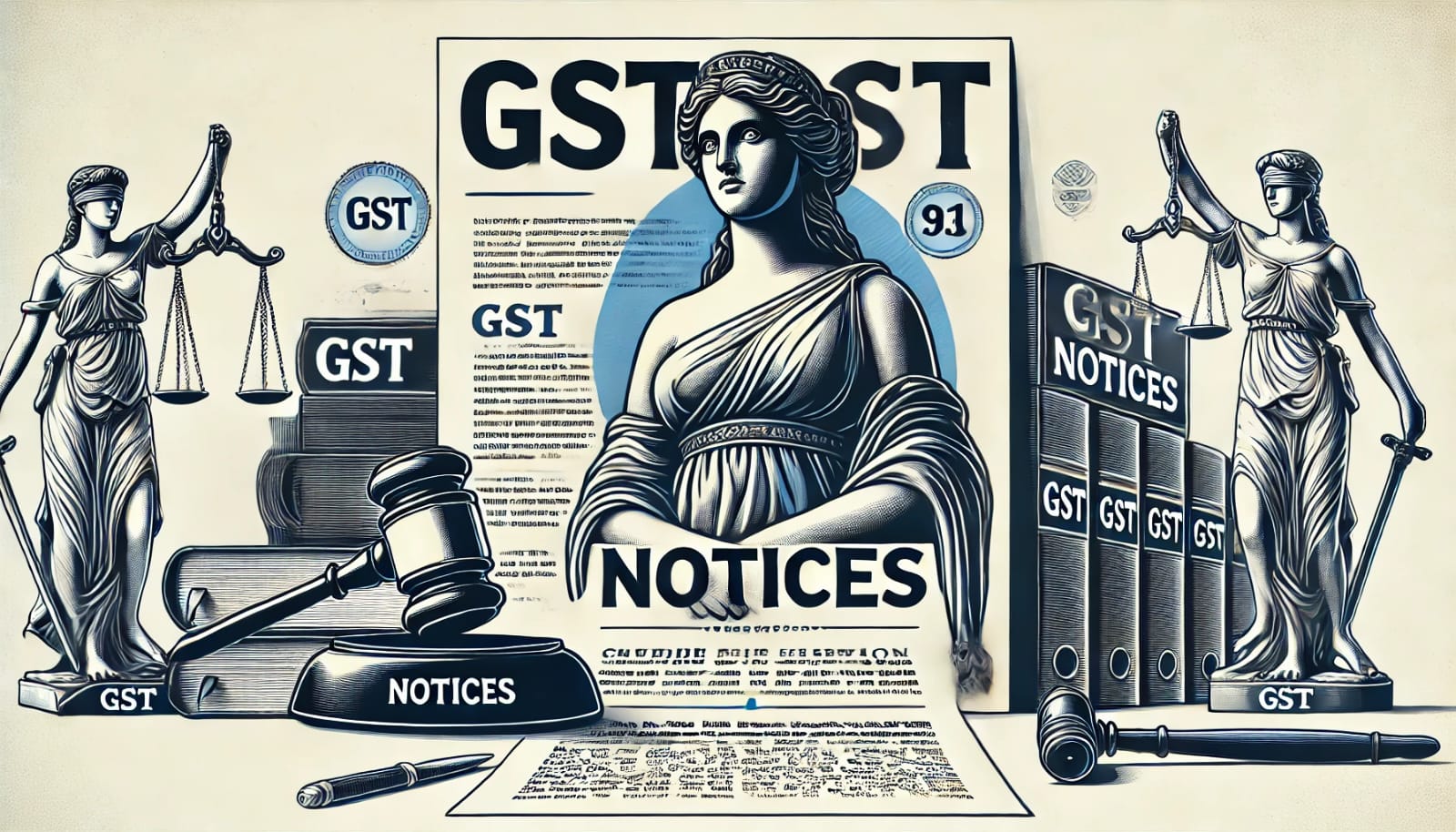
GST Notices Sent to CNG Kit Providers Over Tax Classification Dispute
By: Admin | December 27, 2024
Categories: GST Recent News | 4 Min Read
Overview of the Issue
The Goods and Services Tax (GST) authorities have issued show cause-cum-demand notices to over a dozen companies supplying CNG fuel tanks for motor vehicles. These notices allege misclassification of these products under GST laws.
Key Allegations
1. Misclassification
Companies allegedly classified CNG fuel tanks as general compressed gas cylinders and paid 18% GST. However, authorities argue that these tanks, exclusively used in motor vehicles, should be taxed at 28% GST. They claim the tanks fall under the category of auto parts, similar to petrol or diesel tanks.
2. Unpaid Tax Demand
The notices demand unpaid GST for the period spanning July 2017 to April 2024, along with interest and penalties.
3. Legal Basis
The notices cite contraventions under the Central GST Act, 2017, and demand penalties for misclassification. Companies are given 30 days to respond, failing which an ex parte adjudication may proceed.
Industry’s Response
Tax Rate Justification
The industry claims that the 18% GST rate was applied based on consultations and purchase orders from top automobile clients.
Legal Ambiguity
Tax experts argue that GST laws do not clearly differentiate between standalone gas cylinders and those used in vehicles. This ambiguity makes classification challenging. Judicial precedents in similar cases often favor the taxpayer’s interpretation.
Authorities’ Stand
Officials emphasize that CNG fuel tanks are integral to motor vehicles and cannot be interchanged with other cylinders. As such, they should be subject to 28% GST under HSN code 8708, which covers auto parts.
Additionally, they clarify that CNG kits, which facilitate the conversion of petrol/diesel vehicles to CNG, are distinct from empty CNG fuel tanks.
Call for Clarification
Tax experts and industry stakeholders are urging the GST Council and CBIC to issue a definitive clarification to resolve the classification dispute and avoid prolonged litigation.
“A clear and detailed clarification would provide much-needed certainty for the industry and prevent future tax disputes,” said a tax consultant.
This case underscores the need for greater clarity in GST laws to ensure fair and consistent application across industries.
